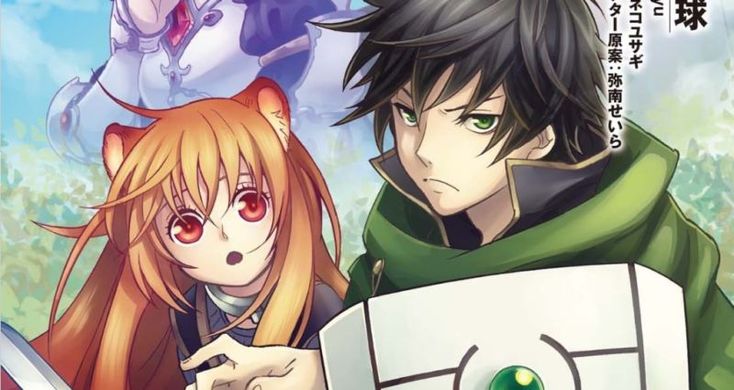 Well, it looks like anime has another controversy on the order of Goblin Slayer’s episode 1 content issue. Across various review websites, such as MyAnimeList, people have spoke out against Rising of the Shield Hero because of a plot device used in the first episode. Rising of the Shield Hero looks to be yet another isekai with a flat fantasy world and inexplicable virtual menus. And if it had used any other plot device, it wouldn’t have garnered much attention.
Well, it looks like anime has another controversy on the order of Goblin Slayer’s episode 1 content issue. Across various review websites, such as MyAnimeList, people have spoke out against Rising of the Shield Hero because of a plot device used in the first episode. Rising of the Shield Hero looks to be yet another isekai with a flat fantasy world and inexplicable virtual menus. And if it had used any other plot device, it wouldn’t have garnered much attention.
Naofumi numbers among the people transported into the world. He is summoned as the Shield Hero, the least liked and least respected of the legendary heroes that are supposed to stop a apocalyptic attack on the world. The Shield Hero appears to have a long history of dislike in the culture. Likely because he historically favors demihumans–half human, half animal species–and other peoples who are used as slaves. In any case, each of the heroes form parties with warriors from the fantasy kingdom. But everyone avoid Naofumi except for a woman named Myne. For reasons not yet divulged, she later accuses Naofumi of rape. The accusation carries the weight of her status as the daughter of the king, and if he wasn’t the Shield Hero, Naofumi would’ve been executed on the spot. Instead, he he allowed to live out his use for the coming wave, but his reputation is ruined (not that the Shield Hero’s reputation was helping him any).
He uses the false accusation as a weapon against the society, acting up to the people’s expectations that he is a villain. And this false accusation is where the controversy stirs. I’ll quote one of the many reviews that focus on it (Silver, 2019):
As is unfortunately common, its biggest stumbling block boils down to gender relations. Myne’s betrayal of Naofumi involves her falsely accusing him of rape and planting false evidence to support her claim. There’s a strong suggestion that Kitamura, one of the other heroes who seems to attract various women, put Myne up to the task, but it’s Myne who’s framed by the narrative as being both responsible for the lie and cunning enough to fool everyone else. There’s a lot to unpack here, and none of it is good. The first and most important thing worth mentioning is that false rape accusations of this nature aren’t really a thing (think about the social consequences for women even when their accusations are extremely credible; people don’t do this kind of thing for fun). It’s as if Myne’s actions sprung fully-formed out of a misinformed, misanthropic incel fantasy; Kitamura is even depicted as some kind of an alpha male who gains women’s attractions unearned. I feel like Myne’s betrayal could have come in any number of different forms and not been half as problematic; unfortunately this choice reads to me as having been made with particular intent.
The consequence of this is that it positions Naofumi to harden his emotions, come into his anger, and embody the type of toxic masculine traits that just make him into an unlikable protagonist. He begins to violently hassle shopkeepers and threaten people by confronting them with the low-level biting monsters he keeps hidden beneath his cape. He turns into the kind of world-reviling jerk that goes on to commit mass violence, inspired by the type of event these sorts fantasize as a common truth. It’s dangerous and vile.
False rape accusations happen, even if they are relatively rare. False accusations rate around 5% of reports (Avalos, 2018). Women are much more likely to be accused of false reporting (about half of cases are seen as false despite the real number hovering about 5%), which adds a hurdle to victims coming to the police; Silver has a point about how making a report effects women, but in this case, Myne appears to be making a power play for reasons we do not know yet. It plays into the distaste the people already have for the Shield Hero. I suspect it ties back into how the Hero historically uplifts demihumans, and thus threatening the present power structures of the kingdom. Myne could well be acting to attempt to prevent this from happening. I haven’t read the manga, so I can only speculate on the 2 episodes I’ve watched as of this article.
I disagree with Silver about Kitamura, however. He seems as manipulated as Naofumi, but that has yet to be seen this early in the anime.
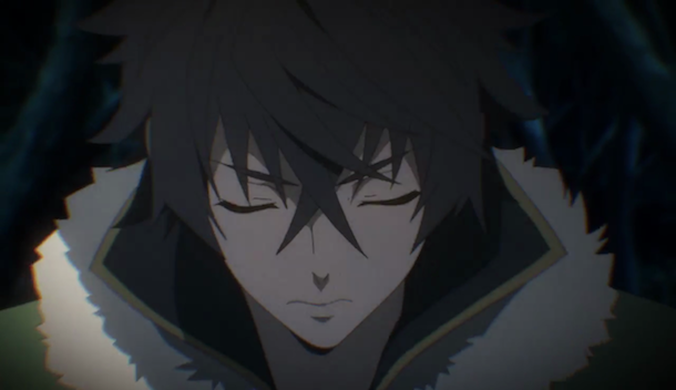
Naofumi decides to use the expectations of the people against them. He may hassle shopkeepers, but he doesn’t exploit them. He merely seeks to be treated fairly.He could have leveraged his reputation to fleece the shopkeepers.
The authors (who are female, I must add) did a good job at showing how false rape accusations affect men. Although the false accusations happen only 5% of cases, such an instance can ruin a guy’s life. In fact, the low rate can mean the accusation will be believed, especially in a world like in Rising where they appear to lack an overestimation of false reporting. In our world, false reporting charges are brought against rape victims when the police fail to be thorough in their investigations (Avalos, 2018). In Rising, there isn’t much of an investigation or much doubt in Myne’s statement.
There’s been an equal reaction against the so-called Social Justice Warriors concerning Rising‘s controversy. The reaction a main point: not everything has to become a gender issue. From what I’ve seen, Rising focuses more on the problems of cultural momentum–particularly against demihumans–than on the rape accusation and other social gender issues. It serves as a plot device to get the story moving. Could the writers have used a different device? Possibly. But the device points out the deep rifts in the society. Namely, it suggests how people aren’t respected because of who they are. Naofumi isn’t respected because he is the Shield Hero. Likewise, the culture doesn’t consider demihumans as anything more than animals or tools.
Much like the Goblin Slayer controversy, both sides look for anything to further their arguments. The problem comes from how they fail to acknowledge how the Social Justice Warriors and the opposition both have valid points. As with so many arguments lately, it comes down to identity. People wrap their sense of self to their views and then resist any sort of challenge. Views can be incorrect, after all. Views should change as new information becomes available. But when views are mixed with a sense of self, any sort of change feels like a threat to the core of oneself. Often to the point where even a story meant for entertainment can feel threatening.
Do Silver and other reviewers have a point? Yes. Rape victims face problems with reporting. At the same time, the opposition has valid points too. Although rare, false rape accusations can ruin a man’s life. The social justice side have also cried wolf in too many instances. The opposition also points out how the resistance has worked against the goals of the social justice side. It tends to generate more interest in the targeted anime instead of less.
Both sides have the right to express their opinions and their disagreements. However, not every plot device needs to be elevated to a controversy. Let an anime run for its full duration before allowing a controversy to break out. That way all the pieces can be seen together instead of viewed in isolation. Likewise, views need to be decoupled from a sense of identity. This would help ease the sense of outrage that appears so often online.
Just like past controversies and outrages, this one will be forgotten too. But not before it generates ad revenue and views across the various anime community platforms (yeah, I’m making a view grab too by writing this). Then the next controversy will erupt over a similar topic or some other outrage, and so the cycle will continue. Honestly, it must be exhausting to be riled up all the time.
References
Avalos, Lisa (2018) The Chilling Effect: The Politics of Charging Rape Complainants with False Reporting. https://brooklynworks.brooklaw.edu/blr/vol83/iss3/1.
Silver, Jessi (2019) Winter 2019 First Impressions – The Rising of the Shield Hero. Season 1 Episode 1. https://www.s1e1.com/2019/01/06/winter-2019-first-impressions-the-rising-of-the-shield-hero/
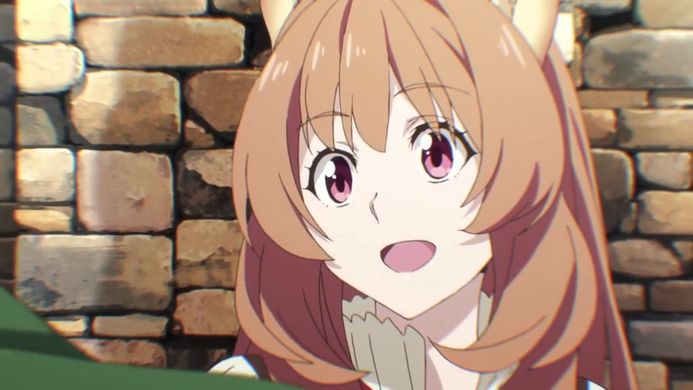
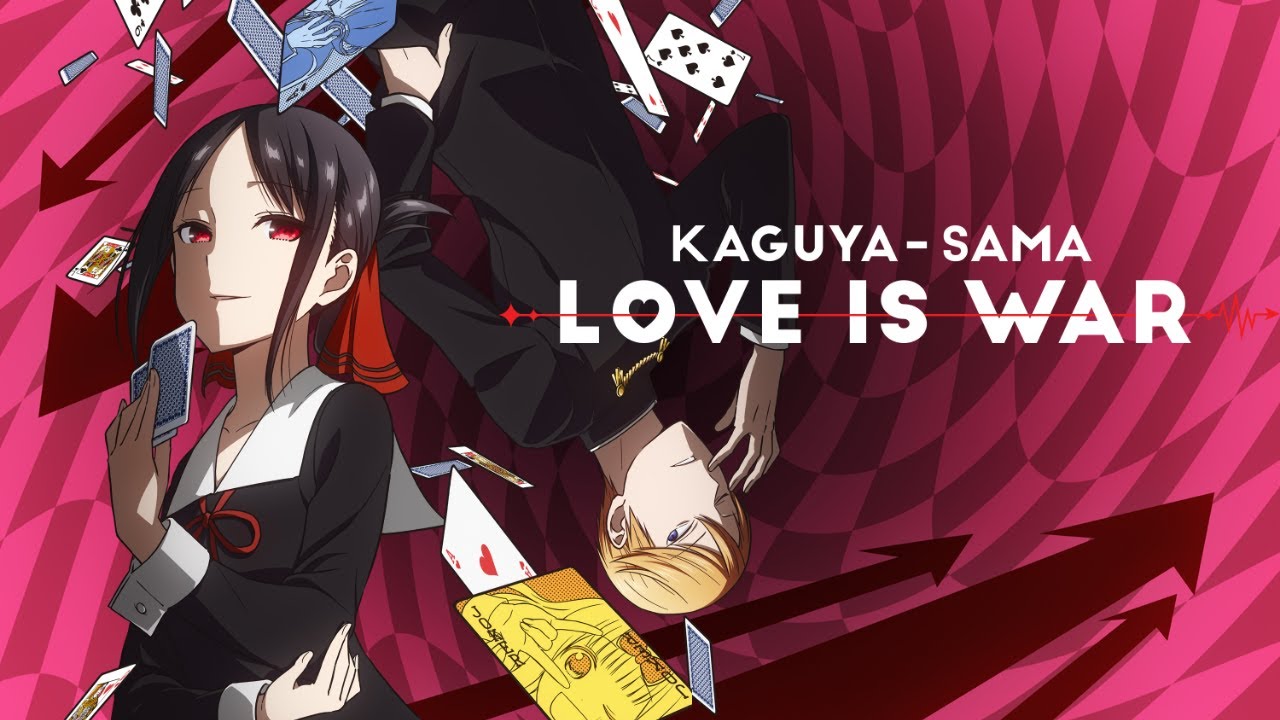
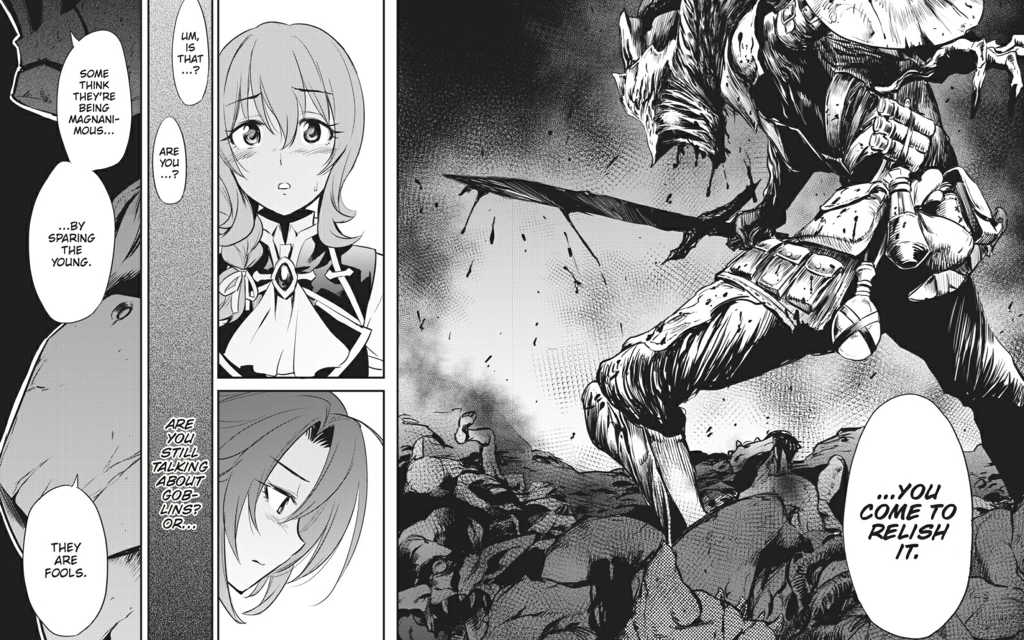
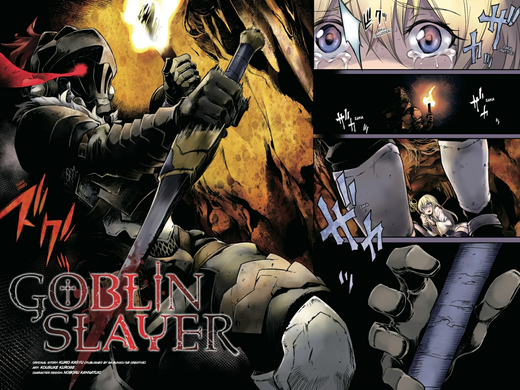
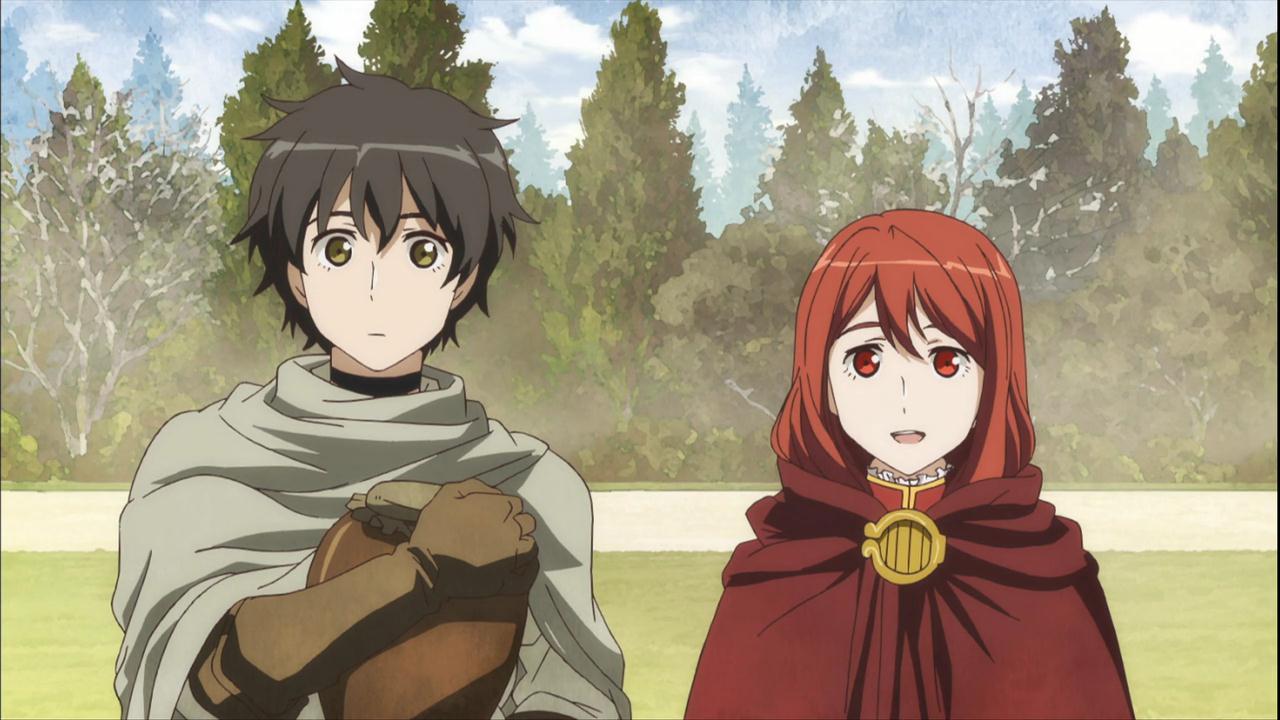
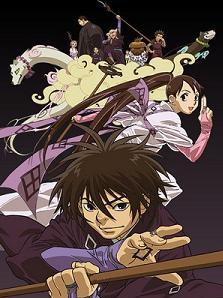

As you essentially say, the problem here is simply that people are projecting their own insecurities onto an anime that isn’t presenting things the way they claim it is. It’s a simple story interposing over-the-top cartoonish villainy with real-world issues, which is a recipe to draw out such reactions. In fact at times it almost seems designed for this purpose, given how almost all of the characters in the story also react first, then ask questions later (if they even really think at all). That’s probably giving it way more credit than it deserves, but it also seems deserving of being judged on its own beats, not the beats others want to pretend it assumes. The worst thing we could do is try to bury the real-world problems the story brings up in passing, just because we want to dwell on other problems instead.
Well said!
I agree, though the sentence: “The worst thing we could do is try to bury the real-world problems the story brings up in passing” seems like you just invalidated everything you said till that point.
I dont read a fantasy novel because i want to focus on “real-world problems”. I dont go to watch a movie or anime to be confronted with what the news or other “politically active” people want to push down my throat 24/7 otherwise.
Im going there exactly to bury the real-world problems of 8 billion people who are offended by everything. Not as an overstatement, but literally.
8 billion people, each of them with their own grievances and things they are bothered by. Some are bothered by cars because they have been in an accident, some of them by the weather because a storm undid their home, others about fires, someone by birds, including the list of phobias, and you will be soon in a position where you have to realize that if problems and being bothered matters, then you are done.
Screw the idea of actions. There are people out there who are offended by the mere idea of your existence. What then?
Sorry.
Im sick and tired to the bottom of my heart about this.
We got so “progressive” these days that we “progressed” ahead of our time, fell off at the front end, resurfaced from behind, and progressed back right in to the feudal dark ages where mid-age priests scream about tolerance, listen and believe, and threaten everyone who doesnt follow suit with the stake and fire.
We are well on our way to the soviet era where every form of speech is strictly censored by our dear leaders, the ethical and moral arbiters of humanity.
Here we are indeed, where i cant watch an anime, god forbid like it without being the problem with the world and an example to misogyny and/or the patriarchy. Im so GOD DAMN tired of this.
The sentence is poor. I’ll clarify: “While the real-world problem the anime touches shouldn’t be buried, the controversy doesn’t discuss the problem as it should be discussed.”
Internet “discussions” become shouting matches to prove who is right. I agree. I turn toward entertainment when I am tired of the shouting. Literature often is the best place to examine problems. But not everything needs to do this.
People lack a sense of purpose, so they make purpose out of whatever politic point is popular at the moment. It is becoming politically popular to be offended at those being offended. However, neither side listens or expresses the reasons behind their stances. So we end up with fights between people over a small plot device in in anime. We avoid truly deep discussions that can be uncomfortable. After all, it is safe to yell foul over an anime than research and write in-depth articles about false rape accusations. People draw up battle lines without knowing truly what they are fighting about.
I agree. It is exhausting how everything is a controversy. People really need to find better ways of spending their time.